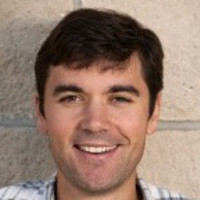A Soldier's Tale: Lynndie England
The author interviews England in prison:
By now, people all over the world have heard of Lynndie England. She's the "Small-Town Girl Who Became an All-American Monster," as one Australian newspaper headline described her, or "the girl with a leash," as Mick Jagger calls her in the song "Dangerous Beauty." Yet England remains a mystery. Is she a torturer? A pawn? Another victim of the Iraq war? While the world weighed in, England said very little.













